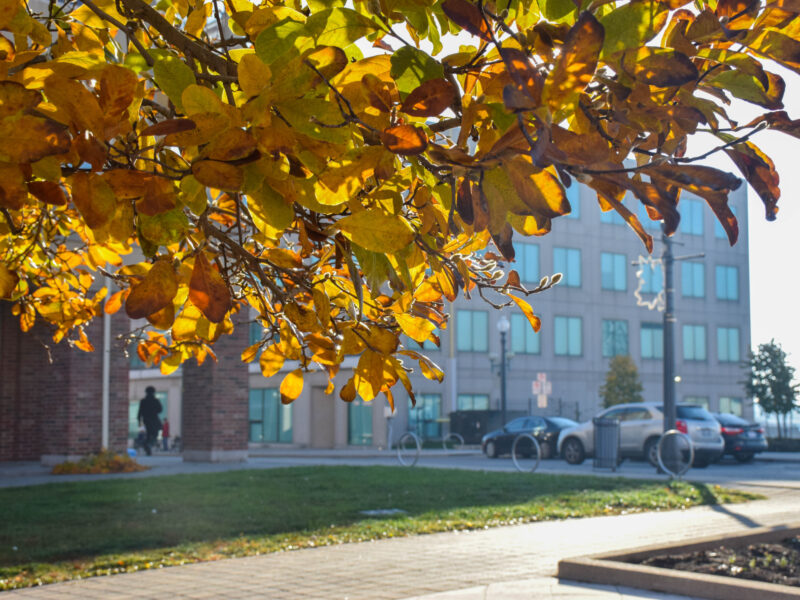Ever since Lester B. Pearson suggested the concept of a peacekeeping force to the United Nations in 1956, Canadian citizens have proudly declared theirs a peacekeeping nation. Many Canadians have regarded peacekeeping as the country’s most important contribution to the UN, playing an important role in shaping Canada’s identity. Over the 50+ years since the UN began peacekeeping operations, Canada has participated in nearly every mission and contributed thousands of personnel.
What many proud Canadians may not realize though is that over the past five years, these contributions have declined to a trickle. The bulk of Canadian forces are currently involved in the war in Afghanistan, but statistics indicate that fewer troops are peacekeeping than ever before.
In the latest UN census dating from 2006, Canada had only 126 personnel involved in peacekeeping operations, ranking it 55th of all contributing countries. Canada donated only 3% of the UN’s $4.75 billion budget. This reality clashes with the ideals of Canadians, who largely support traditional peacekeeping actions.
Presently, 3600 Canadian soldiers are deployed around the world.
Fewer than 100 soldiers are involved in the peacekeeping operations Canadian citizens idealize. The vast majority (2800) are not keeping peace but fighting a war in Afghanistan – one that the Canadian public largely disapproves of. Of course, there are reconstruction and humanitarian efforts in Afghanistan but they fall under the wider umbrella of combat operations.
“There’s a definite difference between our image of ourselves and the actions we’ve been taking militarily in the world,” says Dr. John Grant, a professor of political science at Brock University.
But there must be a reason for this shift in Canadian policy, and while some may point to conservative government policy, Lane Anker, author of the article “Peacekeeping and Public Opinion,” suggests another reason.
In the ever-changing stage of international relations, the traditional peacekeeping role of Canada and the ideals of the Suez crisis are outdated. Anker suggests that the types of peacekeeping operations Canadians take pride in may not exist anymore, especially after incidents such as the Rwandan Genocide, widely regarded as a UN failure, have caused the UN Security Council to shift operations to more aggressive ad-hoc entities or NATO.
This shift in Canadian military operations, from idyllic peacekeeping to aggressive warfare has been alarmingly smooth. There have been no votes, no debates, no public discussion; just a quiet political decision to nearly eliminate Canadian peacekeeping. This change to Canadian foreign policy, along with others, has led to the decline of Canada’s international image, exemplified by Canada’s recent failure to secure a seat on the UN Security Council.
As the nation that essentially created peacekeeping, can Canada really just abandon it? Canadian citizens would largely disagree. But they may need to do more than just disagree, otherwise the Canadian peacekeeping so many are proud of, may disappear entirely.



